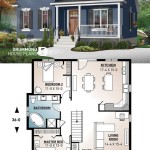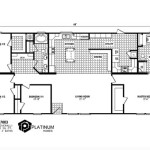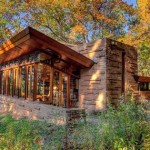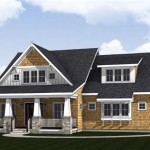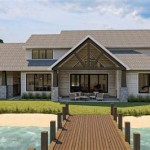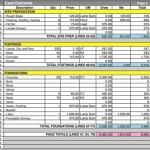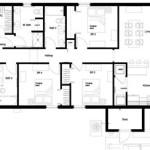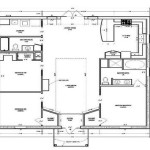A-Frame House Design Plans
A-frame houses are known for their distinctive triangular shape, which creates a cozy and unique living space. These homes are often associated with mountain cabins and vacation homes, but they can also be adapted to various locations and styles.
Benefits of an A-Frame House Design
There are several advantages to choosing an A-frame house design:
- Spacious Interior: The A-frame's triangular shape allows for a spacious interior with high ceilings and an open floor plan, making it feel larger than its actual square footage.
- Natural Light: The large windows and skylights that are common in A-frame designs provide ample natural light, creating a bright and airy atmosphere.
- Energy Efficiency: The triangular shape and steep roof of A-frame houses minimize energy loss, making them more energy-efficient than traditional homes.
- Affordability: Due to their simple structural design, A-frame houses can be relatively affordable to build.
Considerations for an A-Frame House Design
Before designing an A-frame house, it is important to consider the following factors:
- Roofing: The steep roof of an A-frame house requires specialized roofing materials and techniques to ensure proper drainage and prevent leaks.
- Foundation: A-frame houses need a solid foundation to support the weight of the roof and prevent settling.
- Ventilation: To avoid moisture buildup, adequate ventilation is crucial in A-frame homes, especially in areas with high humidity or snowfall.
- Floor Plan: The unique shape of an A-frame house can limit the layout options, so careful planning is required to create a functional and comfortable interior.
Varieties of A-Frame House Designs
A-frame house designs can vary in size, style, and configuration. Here are some common types:
- Classic A-Frame: This traditional design features two triangular sides that meet at the peak of the roof, creating a symmetrical shape.
- Cross-Gable A-Frame: A variation on the classic A-frame, this design includes a perpendicular gable roof at the front or back of the house, adding additional space and architectural interest.
- Modified A-Frame: This type of A-frame incorporates elements of other architectural styles, such as a traditional gable roof or a flat roof over the front or rear section.
Benefits of Using House Plans
When designing an A-frame house, using professional house plans is highly recommended. House plans provide detailed blueprints, specifications, and instructions that guide the construction process, ensuring accuracy, efficiency, and code compliance.
- Accuracy: House plans are carefully drafted to ensure accurate measurements, structural integrity, and compliance with building codes.
- Efficiency: Using house plans streamlines the construction process, reduces errors, and saves time on site.
- Cost Savings: Accurate plans help avoid costly mistakes and ensure that materials are ordered and used efficiently.
Conclusion
A-frame house design plans offer a unique and practical solution for those seeking a cozy, spacious, and energy-efficient home. By carefully considering the benefits, limitations, and varieties of A-frame designs and utilizing professional house plans, homeowners can create a beautiful and functional living space that meets their needs.

Top 10 A Frame House Plan Drawings For Builders 2024

A Frame Cabin

A Frame Plan 2 007 Square Feet Bedrooms Bathrooms 963 00659

A Frame Style House Plans Floor

Cool A Frame Tiny House Plans Plus Cabins And Sheds Craft Mart

Classic Design For A Low Budget Frame

Modern A Frame House Floor Plans

A Frame House Plans We Adore Houseplans Blog Com

Cool A Frame Tiny House Plans Plus Cabins And Sheds Craft Mart

24 X A Frame Cabin Plan Project Small House

